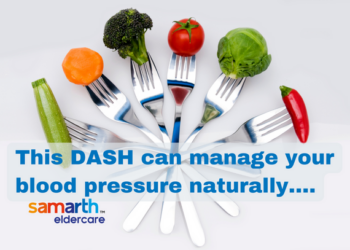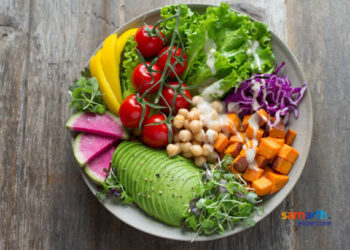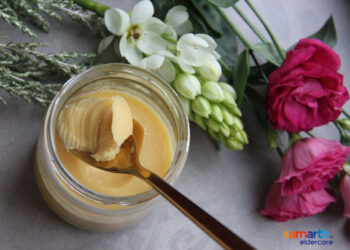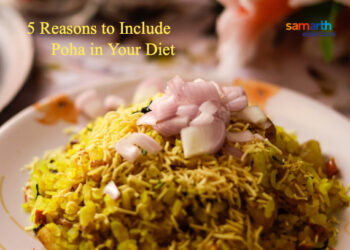What’s In a Pickle?
Ever wondered where the phrase ‘in a pickle’ originated? Some credit the great poet Shakespeare with it. The Tempest has a line, ‘How camest thou in this pickle?’. Some others say it came from the diary of Samuel Pepys. The word, though, is of Dutch origin, “pekel,” indicating something spicy and brined. The English phrase, though, means someone in a spot of bother, or disarray, etc. Whatever the origin or the meaning, we Indians have been pickling a lot of stuff and doing it rather well.
Pickling is the age-old preservation method of fermenting various vegetables using natural preservatives like salt, spices, and oil or vinegar used across the country. Some even pickle fish and meat and raw fruits as well. It is believed that the pickling process in India started to not waste excess crops. Also, during the seasons when it was difficult to get some fresh produce, the pickles were quite handy as accompaniments for meals.

Join Now >
The process of pickling differs from region to region in India. However, almost all Indians can lap up their rice or rotis with a touch of achaar, as it’s called in many places. Almost all get-togethers, including a wedding feast, will usually have a pickle as a side dish. In South India, the pickle and curd rice combination is a popular dish served in restaurants.
Are pickles unhealthy?
Have you been keeping away from your favourite pickles because you were told that they are unhealthy? That is quite possible if you have blood pressure or heart issues. But if pickle is a fermented food, isn’t it supposed to be healthy and good for our gut?
So, it all depends on what and how much you eat. Home-made pickles taken in moderation are not as unhealthy as the off-the-shelf ones. Also, it is better to use kala namak or black salt in the pickles to make them healthier. If you are using oil in pickles, use healthy oils like mustard or Til oil that will be easy on your heart. The vinegar used in pickles can be good for your gut health as they induce good bacteria for improved digestion.
Benefits of pickles
Some nutritionists say that pickles are nutrition-dense food that is helpful. Based on the ingredients used like mango, lemon, gooseberry, veggies, etc., they are rich in antioxidants. So, while it is not advisable to eat pickles every day or in large quantities, they do have their benefits.
The fermentation process in pickles promotes the growth of lactic acid, citric acid, and acetic acid. These strengthen your gut microbes and aid digestion by boosting the metabolism. The various spices we add to the pickles also make them heavy in nutrients. The combination of nutrients and antioxidants provides many health benefits.
More importantly, it makes eating even the most non-palatable foods easy. When we are sick and prefer to take porridge, or curd rice, a spoon of pickle provides the much-needed impetus.
The cons
A combination of oil, spices, and salt, cannot be healthy when we make a habit of it. It can become an unhealthy habit or an addiction. For example, few people cannot finish a meal without eating some pickle. This habit has some other related health consequences as well. One study found evidence that people eating pickles every day had boosted appetites. So, they ended up eating more food in between the meals. Also, such people preferred more spicy and unhealthy foods over healthy ones. Pickles can have high sodium content and lead to hypertension and heart issues.
Hence, the catch is to make sure that the pickles are hygienic and home-made in the traditional way with healthier alternates of salt and oil. Overindulgence in anything is not suitable for our health. So, the mantra to not end up in a pickle would be to eat your pickle in moderation and not make a habit of it. While the traditional pickle-making process can be tedious, those grandma’s pickles could be preserved for as long as a year! These days there are many easy pickling recipes available on YouTube. These can be used to make pickles that can be consumed in shorter periods.











